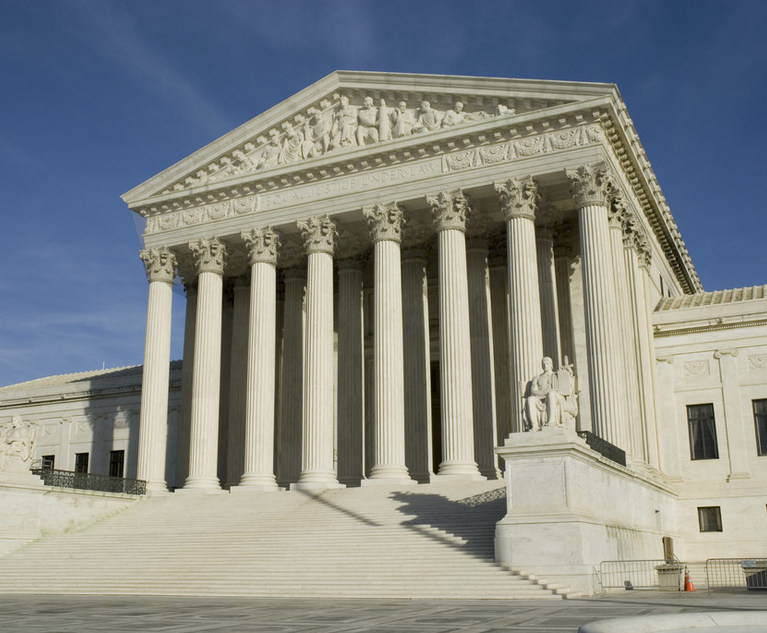By Harry Sandick and Caitlyn Wigler
On Dec. 9, 2024, the Supreme Court will hear argument inKousisis v. United States, O.T. 2024, No. 23-909, a case that will
On Dec. 9, 2024, the Supreme Court will hear argument in Kousisis v. United States, a case that will again review the reach of the federal mail and wire fraud statutes. At issue this time is the so-called “fraudulent inducement” theory of property fraud — namely, whether deception to induce a commercial exchange can constitute mail or wire fraud, even if the infliction of economic harm on the alleged victim was not the object of the scheme.

By Harry Sandick and Caitlyn Wigler
On Dec. 9, 2024, the Supreme Court will hear argument inKousisis v. United States, O.T. 2024, No. 23-909, a case that will
ENJOY UNLIMITED ACCESS TO THE SINGLE SOURCE OF OBJECTIVE LEGAL ANALYSIS, PRACTICAL INSIGHTS, AND NEWS IN Business Crimes Bulletin
Already have an account? Sign In Now
For enterprise-wide or corporate access, please contact Customer Service at [email protected] or call 1-877-256-2473.
NOT FOR REPRINT
© 2026 ALM Global, LLC, All Rights Reserved. Request academic re-use from www.copyright.com. All other uses, submit a request to [email protected]. For more information visit Asset & Logo Licensing.
Businesses subject to the CCPA now must conduct risk assessments for certain types of processing activities and, starting in 2028, must certify to California regulators that they completed the assessments.
The firms that will thrive when it comes to the adoption of AI will not be those with the most tools or the most prompts. They will be the ones with clear standards, defined human ownership and a dedicated AI partner able to turn raw generation into reliable, high‑value content.
Despite incredible progress in natural-language reasoning, AI tools still face fundamental limitations when it comes to performing even basic trademark searches. Here are five important reasons why.
Artificial intelligence is changing how legal work is performed. What’s needed is problem-solving optimism, a clinical appraisal of the firm’s capabilities and economic position, and earnest resolve to change before market pressure forces change under duress.
The ethical use of AI should be a prerequisite for the integration of AI into a legal practice. Failure to learn and implement transparency, accountability, and best practices for responsible AI usage prior to employing AI will likely result in ethical and malpractice difficulties.